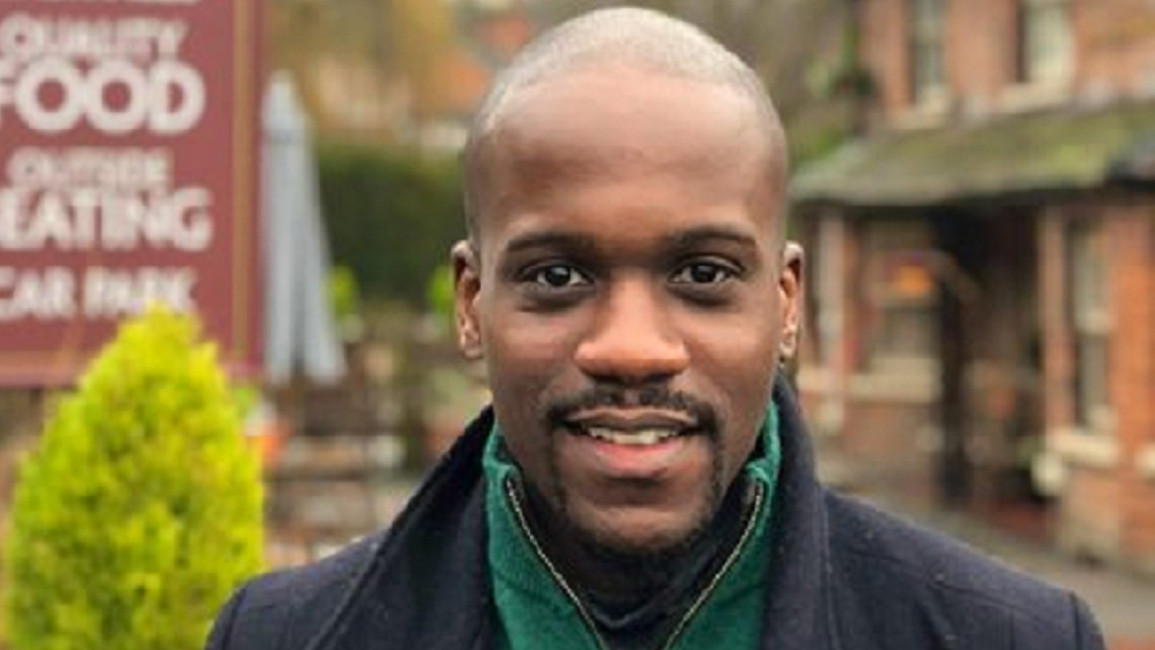Black adviser to Boris Johnson quits amid race report outcry
Prime Minister Boris Johnson's most senior black adviser has quit, Downing Street said Thursday, a day after a government-commissioned report provoked outrage by saying that structural racism does not exist in Britain.
Samuel Kasumu had been talked out of resigning by ministers in February, after he complained of "unbearable" tension within Downing Street and said Johnson's Conservative Party was pursuing "a politics steeped in division", the BBC reported at the time.
Kasumu, who served as special adviser for civil society and communities, submitted his resignation last week and informed colleagues on Wednesday morning, according to Politico, just as the controversial report by the Commission on Race and Ethnic Disparities (CRED) was released.
A government spokesperson confirmed Kasumu would step down in May, but said it was already planned and insisted: "Any suggestion that this decision has been made this week or that this is linked to the CRED report is completely inaccurate."
Johnson - whose government is stepping up an offensive on so-called woke activism ahead of May elections - told reporters that Kasumu had "done some great stuff" on encouraging more people from ethnic minorities to take up vaccinations against Covid-19.
The pandemic's disproportionate impact on ethnic minorities was among the areas downplayed in the new government report, which said that while prejudice persists in Britain, the country is not "institutionally racist".
The prime minister said the report contained "some original and stimulating work" and that it would help inform policy about "the true nature of the barriers and the discrimination that they (minorities) unquestionably feel".
"There are very serious issues that our society faces to do with racism that we need to address," he added.
Glorifying slavery?
|
The commission was created by Johnson following last year's Black Lives Matter protests, which included the toppling of an English slave trader's statue in the western city of Bristol.
Its members, led by a black chair who had previously sided with the government against anti-racism campaigners, concluded many of Britain's young BLM demonstrators were misguided.
The country could be regarded "as a model for other white-majority countries", the 264-page report said.
It made 24 recommendations, notably on building trust between police and minority groups, on extending the school day in deprived areas, and on tackling racist abuse on social media platforms.
"There is a new story about the Caribbean experience which speaks to the slave period not only being about profit and suffering but how culturally, African people transformed themselves into a re-modelled African/Britain," it added.
The report was met with incredulity by many campaigners for racial equality and opposition lawmakers, who noted wide disparities in the experience of British minorities in policing, health, education and employment.
The assertion about slavery drew particular scorn.
"The only good narrative about the enslavement of Africans is that we survived," Simon Woolley, the former head of Downing Street's race disparity unit, told The Times newspaper.
Marsha de Cordova, equalities spokeswoman for the opposition Labour party, said Kasumu's exit spoke volumes despite the government's denials that it was linked to the report.
"Their divisive report appears to glorify slavery and suggests that institutional racism does not exist despite the evidence to the contrary," she said.
"It is no wonder they are losing the expertise from their team."
Commission chair Tony Sewell said the suggestion that his report had tried to downplay the evils of slavery was "ridiculous and offensive".



